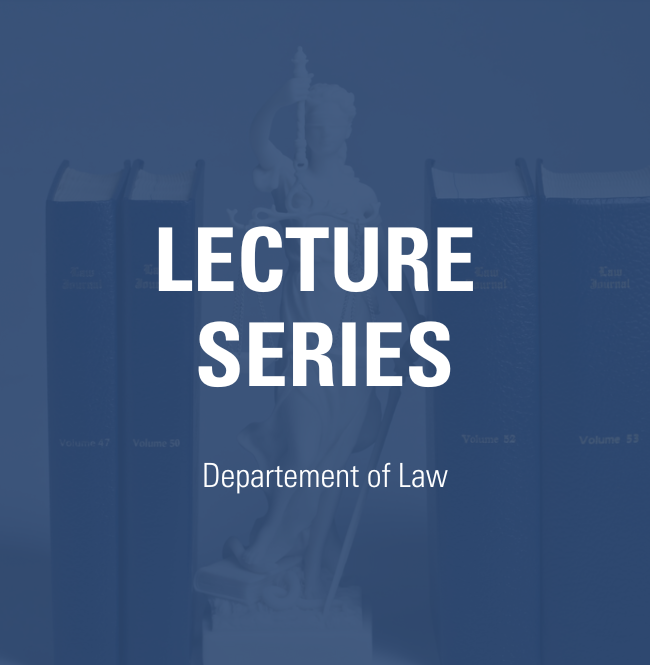Migrant Rights at the European Borders, Lecture 6 – Return and Readmission of Migrants in an Irregular Situation: A Repressive or Protective Framework?
The Department of Law of the FDEF, with the support of the FNR, is organising this hybrid lunchtime lecture.
Abstract:
Successfully returning those third-country [non-EU] nationals who do not fulfil the conditions for entry, stay or residence in the EU is an element of crucial importance to the functioning of the common EU migration policy. Over the years, EU policymakers have recurrently urged returning more migrants in an irregular situation to third countries. To achieve this goal and to raise the currently relatively low return rates, the EU and its Member States have been increasingly adopting, next to ‘hard law’ instruments (e.g. the Return Directive and EU readmission agreements), various non-legally binding instruments (eg the EU Return Handbook) internally, and agreed on several informal return arrangements with third countries of origin, externally. After looking at the inception and evolution of the EU return/readmission policy as well as its legal bases/issues of competence in the EU Treaties, this lecture will appraise the implementation of the EU return and readmission policy, also in light of relevant CJEU case law. The assessment will focus on the key challenges and shortcomings hampering an effective EU return policy and readmission cooperation with third countries, together with the fundamental rights implications of this fairly sensitive policy area. The lecture will also critically assess the gradual shift towards soft law in the EU’s return/readmission policy, canvassing its risks in upholding the rule of law and the fundamental rights of returnees.
About Dr Tamas Molnar:
Dr Tamas Molnar, EU Agency for Fundamental Rights/Corvinus University of Budapest. Dr Tamás Molnár graduated at the Eötvös Lorand University of Budapest (ELTE), Faculty of Law in 2003 (cum laude) and the Université libre de Bruxelles, Institut d’Etudes Européennes in 2006 (LLM in EU law – grande disctinction); then obtained his PhD in public international law in 2013 at ELTE and his ‘habilitation’ (Dr. habil – post-doctoral research and teaching qualification) in public international law in 2022 in ELTE.
He is a visiting lecturer on international migration law at the Corvinus University of Budapest, Department of International Relations and has published widely in the fields of international law, EU law and statelessness/nationality law. He has also undertaken ad hoc consultancy for UNHCR on statelessness issues since 2010 and for the European Network on Statelessness since 2014.
Since September 2016, he has been working for the EU Agency for Fundamental Rights (Vienna) as a legal research officer on asylum, migration and borders, also in the field of statelessness. Previously, among others, he was head of the Migration Unit, Department of EU Cooperation, Ministry of the Interior of Hungary (2010–14), and was charged with the drafting of the Hungarian statelessness determination procedure in 2006–07.
He is an associate member of the European Network on Statelessness (ENS), as well as a member of the International Law Association (ILA) Committee on International Migration and International Law, and the European Society of International Law (ESIL), where he served as the co-convenor of the ESIL Interest Group on Migration and Refugee Law (2016–22). He is also member of the American Society of International Law (ASIL), the Société française pour le droit international (SFDI), the Italian Society of International Law (SIDI), the Fédération internationale de droit européen (FIDE) and the European Law Institute (ELI).
Language: English
This is a free lecture. Registration is mandatory.

Supported by the Luxembourg National Research Fund (FNR) 17928627
